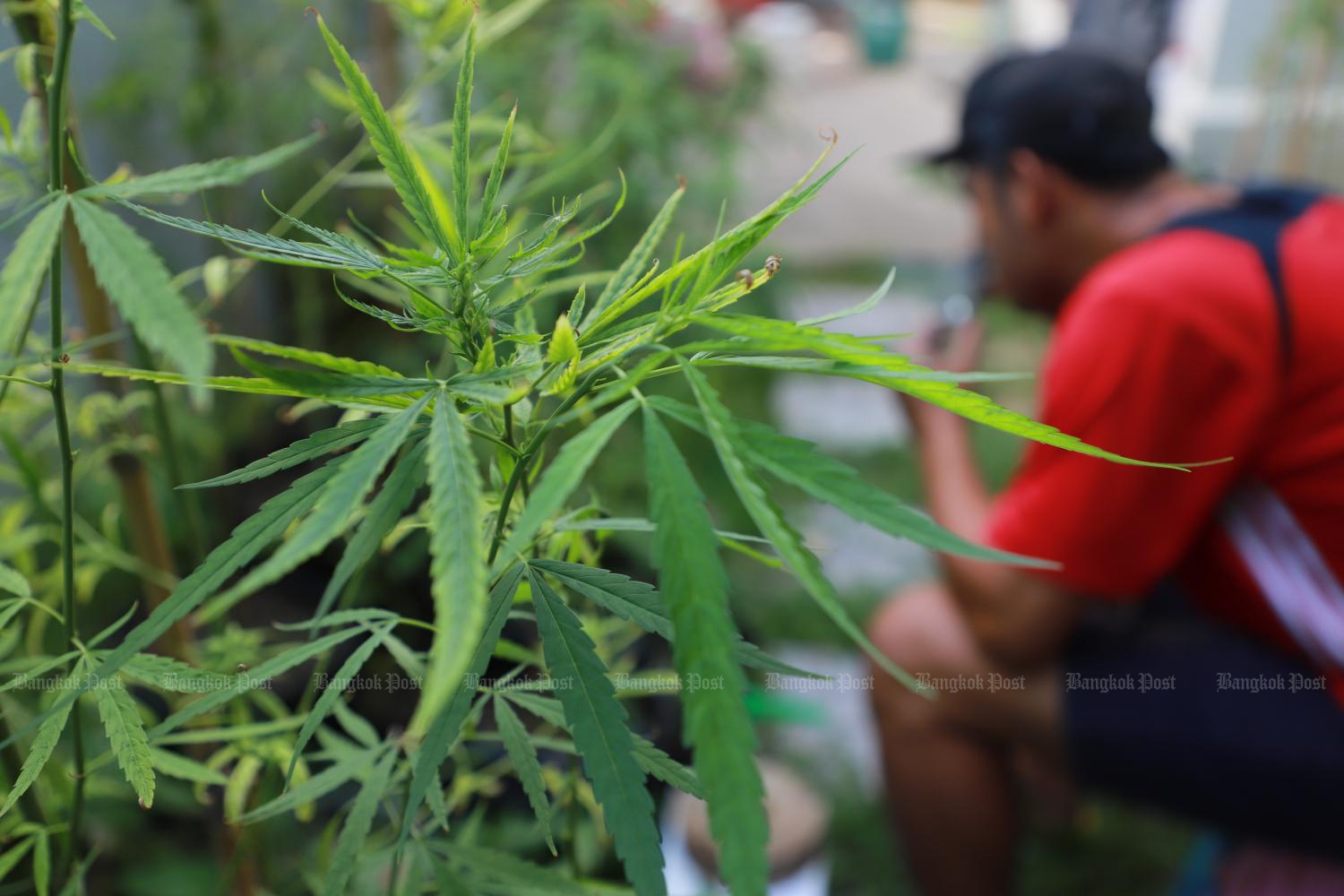
The current medical cannabis policy should be continued under the incoming public health minister as it brings great benefits to people if the drug is used in the correct way, according to the current minister Anutin Charnvirakul.
Speaking to reporters at the Public Health Ministry, he voiced confidence that the "policy of cannabis for medical treatments" will not be terminated by the new government, adding the leader of the ruling Pheu Thai Party has publicly announced that the policy is still included on the new government's list.
If something should change, it should first be discussed among government members, he said.
"The best thing we can do is have a law to control cannabis use," Mr Anutin said. "If the new government wants to put cannabis back on the narcotics list, it should be discussed among related agencies, including the Ministry of Interior, the Ministry of Justice and more."
Mr Anutin, who will become the Interior Minister in the new government, will be replaced by Dr Cholnan Srikaew, the former Pheu Thai leader.
Mr Anutin added that he doesn't see any disadvantages in the current medical cannabis policy aside from the improper use of the drug by some members of the public.
He said the Public Health Ministry has issued regulations to control cannabis use, including the prohibition of smoking cannabis in public places and the barring of minors from purchasing the drug.
Those who want to open a cannabis shop must also apply for a licence, he added.
He said the problem with cannabis was attributed to many shops opening in many areas in cities, including near schools, prompting the Pheu Thai Party to campaign it would put cannabis back on the narcotics list.
In other news, the National Committee on Vaccines, chaired by Mr Anutin, agreed that local administrative organisations should have the right to purchase influenza vaccines using their own budgets starting next year, according to Dr Tares Krassanairawiwong, director-general of the Department of Disease Control (DDC).
He said that the National Health Security Office and the DDC provide flu vaccines to those in need, including 12 million people considered at risk of contracting the virus.
However, the supply does not cover everyone who needs a flu shot, Dr Tares said.
